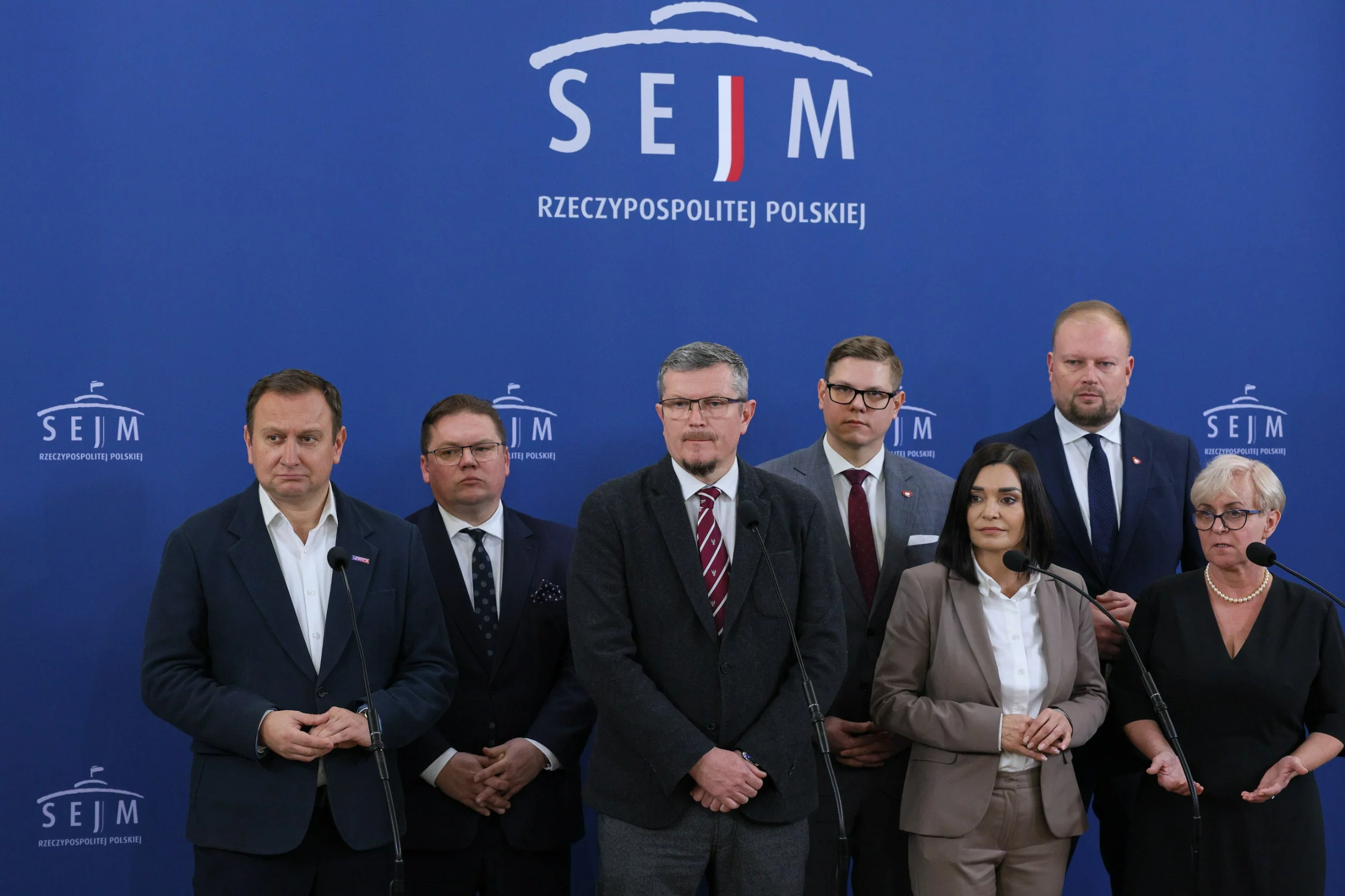Police began gathering information about visitors to Stephen Lawrence's bereaved parents the day after his murder, a public inquiry has been told. Ifeanyi Odogwu, speaking on behalf of Stephen's father Neville Lawrence, claimed the Metropolitan Police had put the Lawrences under surveillance almost immediately after Stephen's murder in 1993.
He was addressing the latest stage of the public inquiry into undercover policing, which is examining the activities of the Met's Special Demonstration Squad (SDS) between 1993 and 2007. "While the Lawrences sought justice, state power turned on the family," Odogwu told chairman Sir John Mitting. "Surveillance started almost at once, the day after the murder."
Neville Lawrence said in a statement: "The implication, that we were somehow the ones to watch, was as perverse as it was offensive. It was as though our grief was treated as a threat, and our home as a site of suspicion, something I will never accept or forgive."
Information gathering details
The Metropolitan Police collected intimate details about the Lawrence family's private lives over several years. This included information that the Lawrences' marriage had broken down during the public inquiry into their son's death, and later details linked to their civil claim against the Metropolitan Police, including the claimed settlement figure.
Police also circulated false claims about Neville Lawrence's finances. These included allegations that he was being given £500,000 by BT to set up a civil rights organisation, that he was considering running for London mayor, and that he had received £500,000 from Lottery funding.
Inquiry infiltration concerns
Information about the couple was passed to officers in the Met's team taking part in the Macpherson Inquiry into the mishandled investigation into Stephen's death, according to Odogwu. He described this as "truly abhorrent and shocking", noting that the surveillance "reached into the Macpherson Inquiry itself".
None of the details gathered would have helped prevent public disorder, the inquiry was told, which was the supposed aim of the SDS. "An intrusion in such highly sensitive periods requires a compelling case, and there is none," Odogwu said.
Officer accountability
Neville Lawrence expressed disappointment that one of the officers accused of spying on the justice campaign, known as HN81 or David Hagan, is refusing to give oral evidence. Stephen Lawrence's friend Duwayne Brooks, who was with him on the night he was killed, is "furious" that the officer will not testify in person.
Brooks believes there is "far too much deference to the police" in the inquiry as a whole. Representing Brooks, Rajiv Menon KC told the inquiry that Brooks "finds it profoundly disturbing that the police were spying on him and other victims of racist violence but not, as far as he is aware, on well-known racist criminal groups who were committing serious violent crimes".
Systematic policing failures
It was not until 2010 that the police finally charged two of those responsible with Stephen Lawrence's murder. Menon KC argued that in 1993, the secret SDS viewed anti-racist campaigners as more of a threat than far-right activists and perpetrators of racist violence.
"If the police, including the undercover police, had effectively policed the far-right and racist criminal groups, instead of persecuting and criminalising the victims of racist violence, then perhaps some of the racist attacks, including some of the racist murders, that plagued our communities during the 1980s and 1990s, could have been prevented," he said.
Sources used: "PA Media" Note: This article has been edited with the help of Artificial Intelligence.






